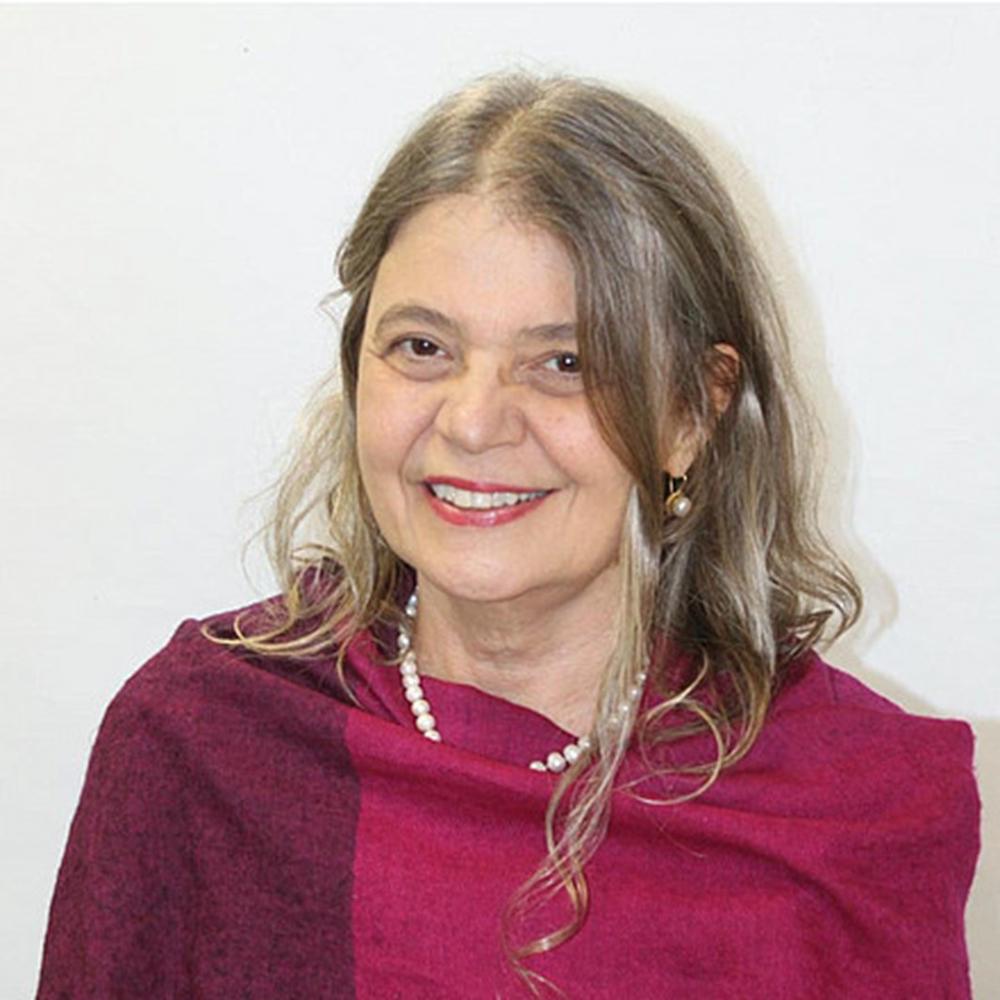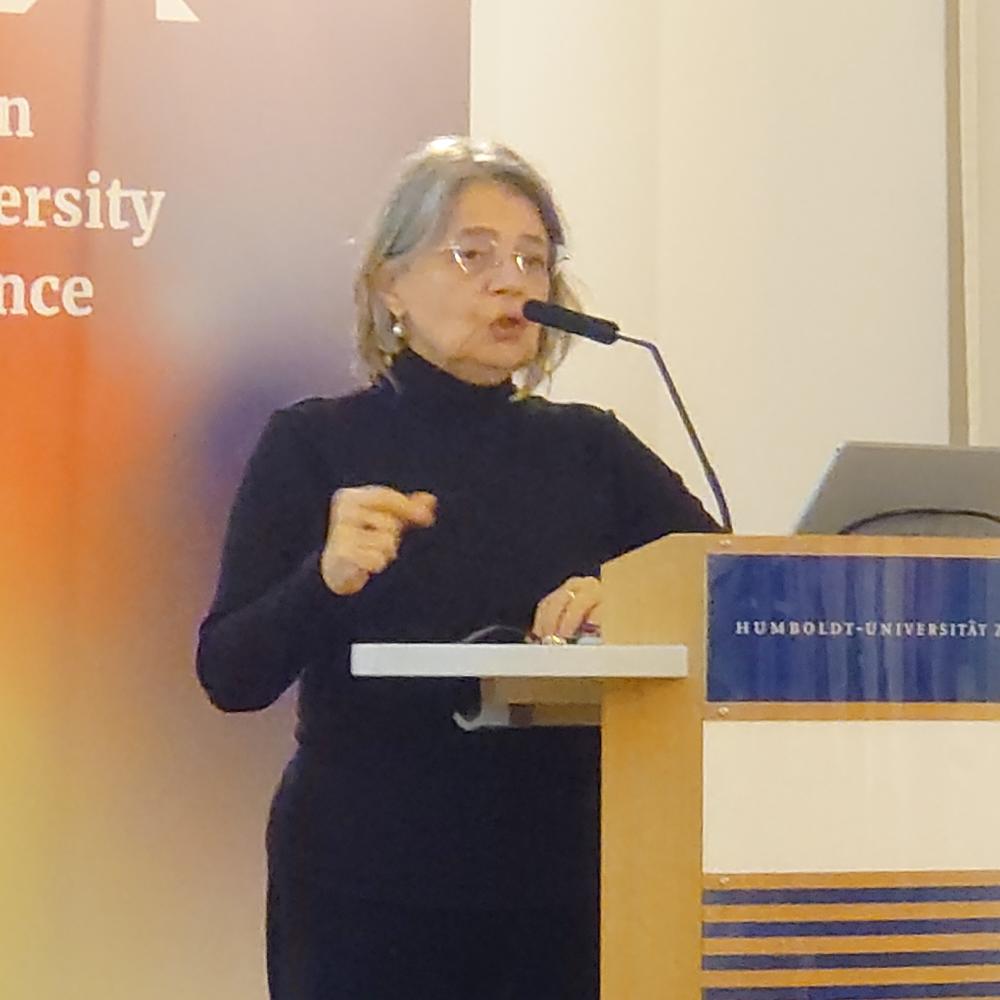Professor Simone Diniz
is a full professor and the Head of the Department of Health and Life Cycles in the School of Public Health at the University of São Paulo (SPH-USP). She served as vice director (2018-2021) and director (2021-2022) of the SPH-USP. In 2022, she received the Ruth Sonntag Nussenzweig Award for her influence on public policies related to women’s health. Professor Diniz collaborated for 20 years with the Feminist Collective of Sexuality and Health, organizing the first training programs for health providers on violence against women in the 1990s. She was part of the Brazilian delegation for the Vienna (Human Rights) and Cairo (Population) Conferences and has been involved in several international networks researching reproductive rights and gender violence. Prof. Diniz teaches and researches sexual and reproductive health and rights, gender violence, gender and health, innovation in maternal and child health, evidence-based public health, and data science. She coordinates the CNPq GEMAS Group (Gender and Evidence in Maternity and Health) and was a regional coordinator of the National Survey “Birth in Brazil.” She has been a visiting scholar at Kings College London and the Sree Chitra Tirunal Institute for Medical Sciences and Technology in Kerala, India. In translational/implementation science, she coordinated the Change Laboratory on innovations in childbirth and newborn care. In data science, she led projects on gestational age measurement and making interventions visible in childbirth. She is a member of the Lancet Commission of Gender and Global Health and has been part of the Gender Working Group of the Brazilian Association of Public Health since the 1990s. Currently, she and her team are initiating the Brazilian component of the Birth Experience Study International Consortium and the “Senses of Birth” Educational Interactive Exhibit.
During her tenure as Audre Lorde Visiting Professor
at the Institute for Gender in Medicine (GiM) at Charité – Universitätsmedizin Berlin, Prof. Diniz curated and participated in a diverse series of academic events. These included interactive workshops, keynote lectures, writing seminars, and research-focused lab meetings, targeting various academic groups within the Berlin University Alliance. Highlights included the "14th DiGENet Dialogue on Gender, Global Health & the Global South", academic writing workshops, and contributions to the Einstein Center Neuroscience’s "Club of Difference and Distinction". Prof. Diniz also led sessions on obstetric violence, trans healthcare, ultra-processed food, and health literacy. Many events were conducted in collaboration with Prof. Jaya Dantas and Prof. Dr. Gertraud Stadler, both online and in person across BUA institutions. Prof. Diniz took part in the BUA Meridian Podcast, featuring episode 18 “Giving Birth in Brazil: and Politics in Global Health”. Her active engagement significantly enriched the academic community and facilitated interdisciplinary exchange.


